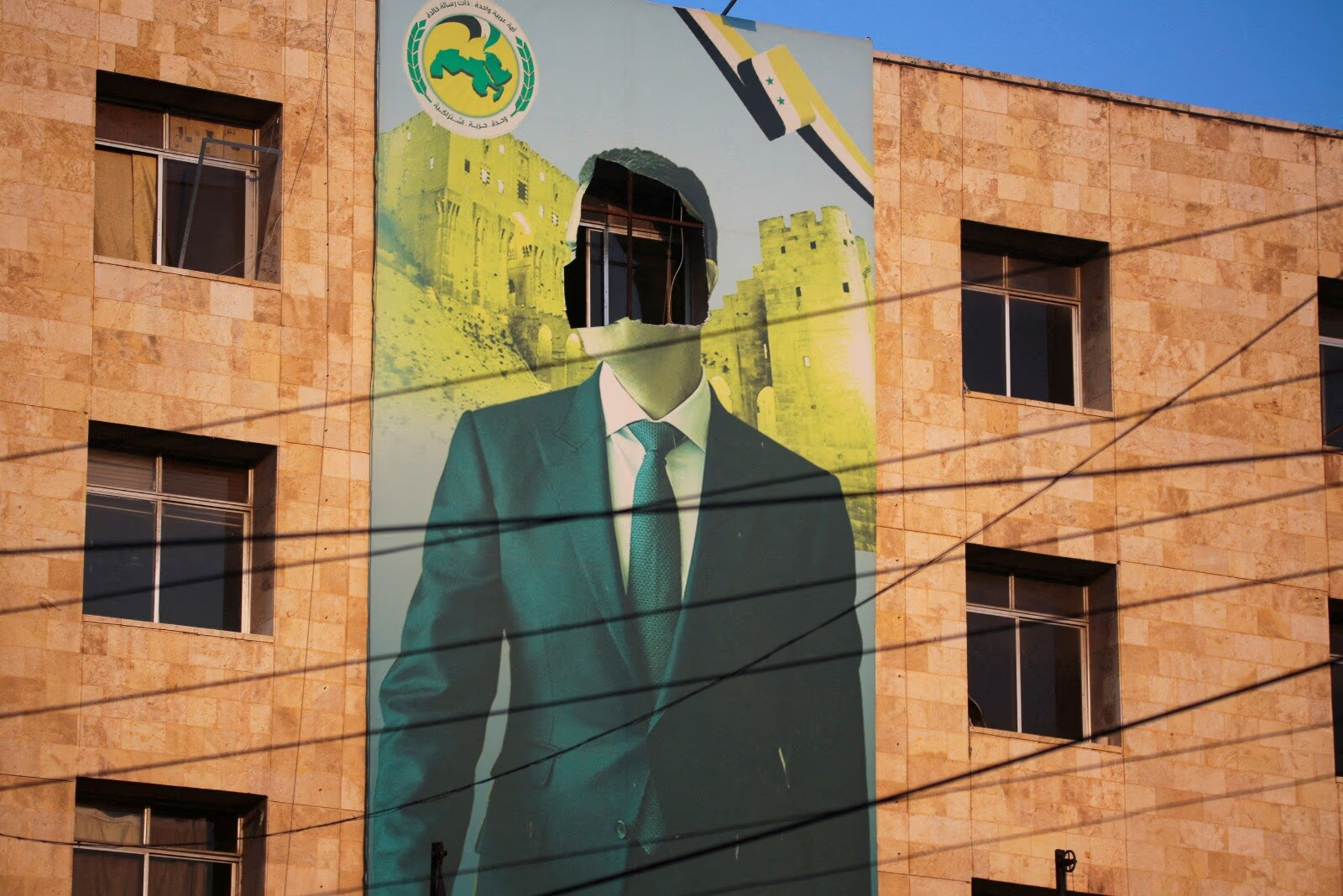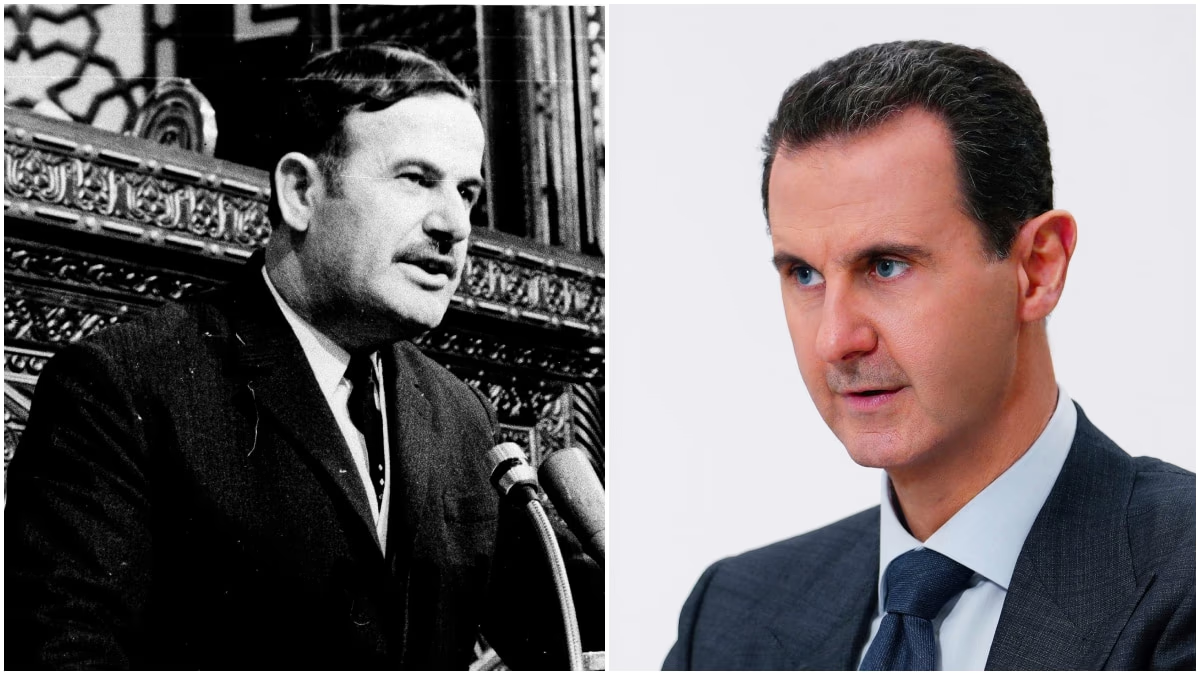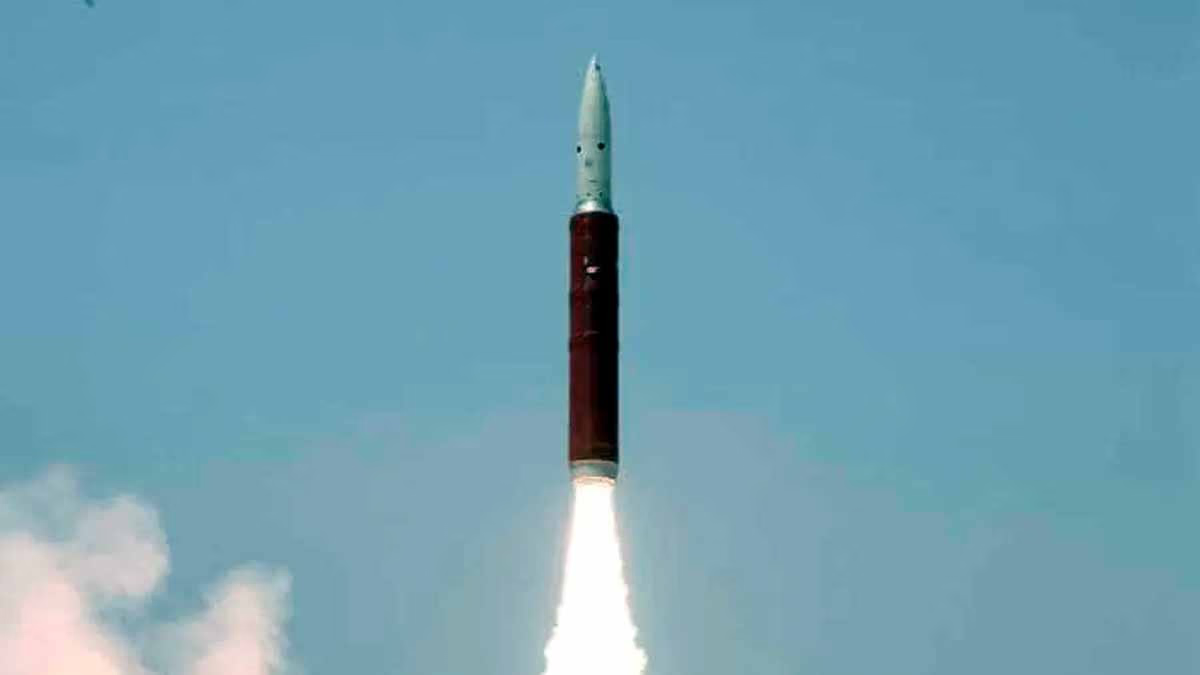In Syria’s history, Sunday marked a historic day. After 13 years of struggle, the authoritarian rule of Bashar al-Assad came to an end, and power shifted from a family that had ruled for fifty years. Not only did this signify the end of a devastating conflict, but it also marked the conclusion of Bashar's 24-year authoritarian regime, with rebel forces seizing power. Damascus streets were flooded with thousands celebrating their newfound freedom.
The Story of Bashar al-Assad
On Damascus streets where the sound of freedom celebrations is loud, rewind nearly 25 years, and the events of that era unfold. In 2000, following his father Hafiz al-Assad’s death, Bashar assumed power. He handled it well, but today, he has fled the country to an unknown location, marking the end of his family's 53-year regime's reign.
Even though Assad’s rule no longer exists, what’s next for Syria? The nation still grapples with conflict, destruction, and an uncertain future. Millions of Syrians who lost their homes during the war are uncertain about what lies ahead.

Source: aajtak
Bashar was not initially seen as a leader. Trained in London as an eye surgeon, politics was distant from him until his elder brother Basil’s death forced him into the political arena. Power seemed determined to make Bashar its own. By 2000, following Hafiz al-Assad’s death, Bashar was called back to assume power. At the tender age of 34, he took charge, as the Syrian parliament reduced the minimum age from 40 to 34 to make his presidency possible. Bashar secured over 97% of the votes in the presidential election.
His calm demeanor sparked hopes of political reform, but Bashar's rule soon mirrored his father’s dictatorship.
The Spark of Rebellion
In 2011, the Arab Spring wave shook the entire region. In Syria, people took to the streets demanding democracy, civil liberties, and the release of political prisoners. Bashar labeled these protests as foreign conspiracies and branded the protesters as terrorists. The regime's violent retaliation against the protestors rapidly escalated into an armed conflict.

Source: aajtak
The Escalation of War
By 2012, the Syrian army began air strikes and used heavy weaponry against rebels. The conflict fragmented the nation. Russia and Iran politically and militarily supported Assad's regime, while groups like Hezbollah played significant roles. The Assad government faced severe human rights violation accusations, involving mass killings, torture of political prisoners, and the use of chemical weapons.
In 2018, the Organisation for the Prohibition of Chemical Weapons confirmed that Assad’s government used chemical weapons in Douma's attacks. In 2023, France issued an international arrest warrant against Bashar al-Assad. Simultaneously, the UN’s International Court ordered the Syrian government to halt torture and inhumane practices.
Return to the Arab League and Glimmers of Hope
In 2023, Assad’s readmission into the Arab League bolstered his international standing, but the internal situation remained unchanged. Economic crises, humanitarian disasters, and political instability continued to afflict Syria. Sudden changes swept the country in the past ten days as rebel forces rapidly captured key cities while Assad's allies like Russia and Iran were occupied with their own struggles.
These developments led to the regime’s downfall. On Sunday, rebels seized Damascus, and reports state Bashar fled the nation. As Syria embarks on a potential new era, rebel leaders and analysts anticipate it’s time to steer the country towards democracy and stability. Fadel Abdul Ghany, head of the Syrian Network for Human Rights, said, "It's the end of decades of oppression. We hope it's an opportunity to lay the foundation for a democratic Syria."

Source: aajtak
Future Challenges and Hopes
Rebuilding Syria will not be easy. The war devastated the nation's infrastructure, leaving millions displaced, worsening the economic crisis. Yet, hope lingers amidst the challenges. The celebrations not only marked the downfall of an oppressive regime but also commemorated a hope that the nation is embarking on a new path.
Syria's Hope for Improvement
Assad's rule plunged Syria into instability and ruin. Now, citizens who have spent a lifetime amidst conflict hope for a fresh start toward a brighter future. A Damascus protester stated, "This change is not just a political shift. It's a chance to define our identity and future direction." Amidst hope and challenges, Syria stands poised, hoping for strides toward democracy and peace, which only time will tell.




